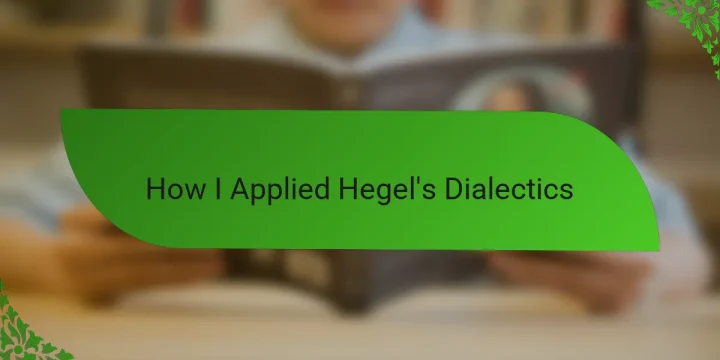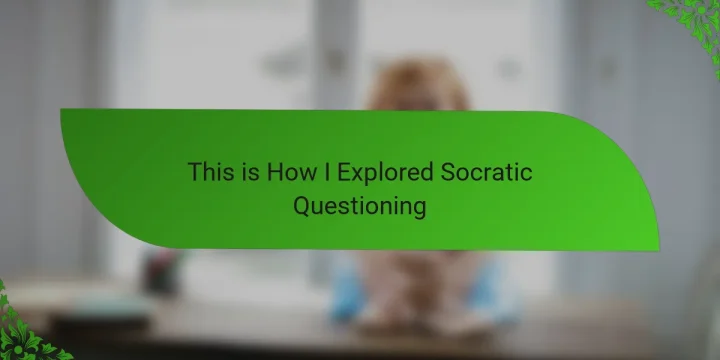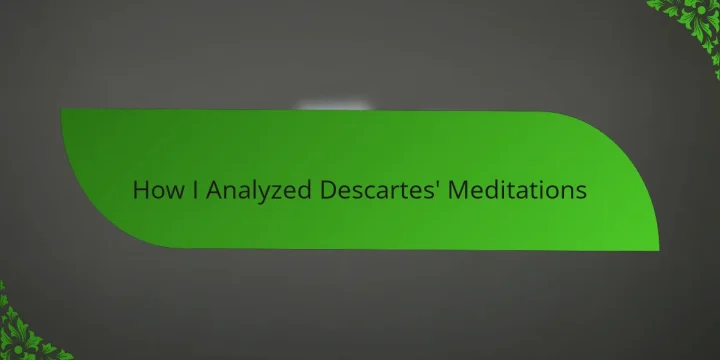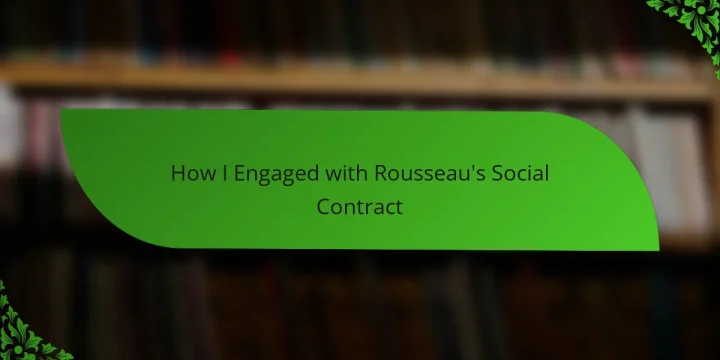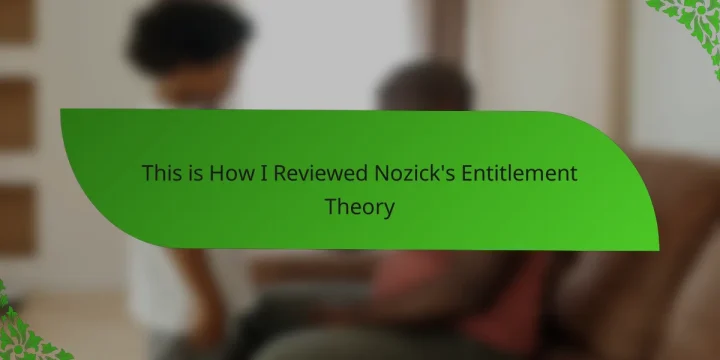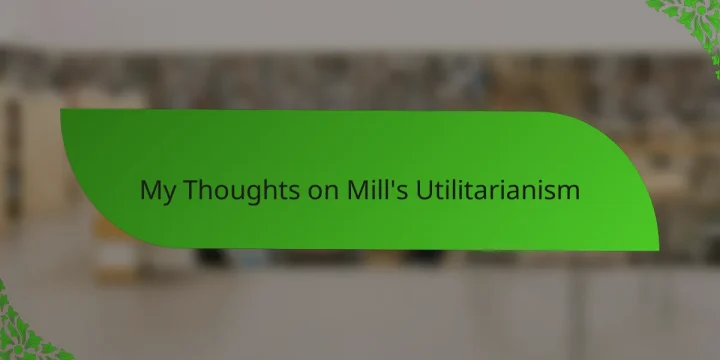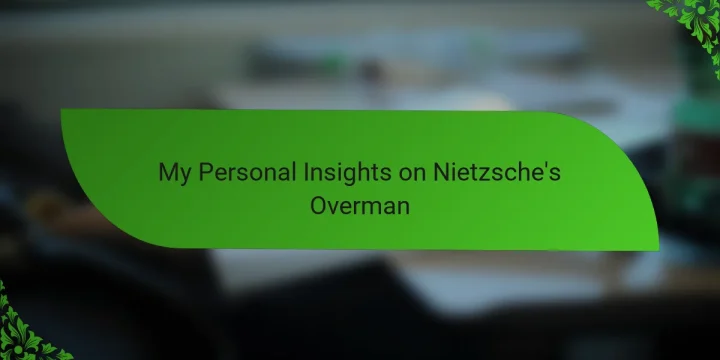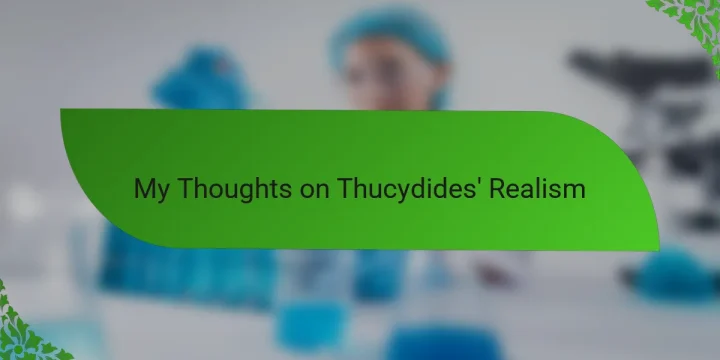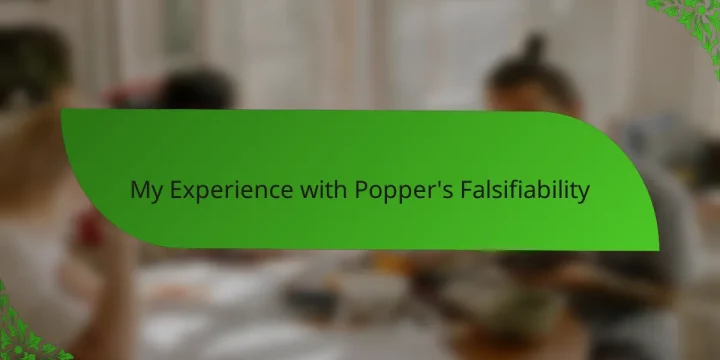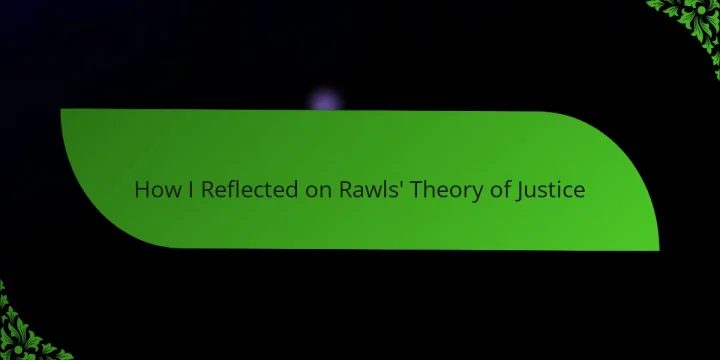
Key takeaways Rawls's "original position" and "veil of ignorance" promote the idea of designing a fair society by removing personal biases from decision-making. The two principles of justice—equal basic liberties and the difference principle—emphasize the balance between individual rights and the well-being of the least advantaged. Applying Rawls's theory in education encourages fairness by prioritizing resources for disadvantaged students and fostering an environment of respect for individual voices. Understanding and integrating Rawls's concepts into discussions encourages critical thinking about justice, fairness, and the complexities of real-world inequalities. Introduction to Rawls Theory of Justice When I first encountered Rawls’s Theory of Justice, I was struck by its underlying question: How can we design a fair society when none of us knows our position within it? This idea of the "original position,"…
